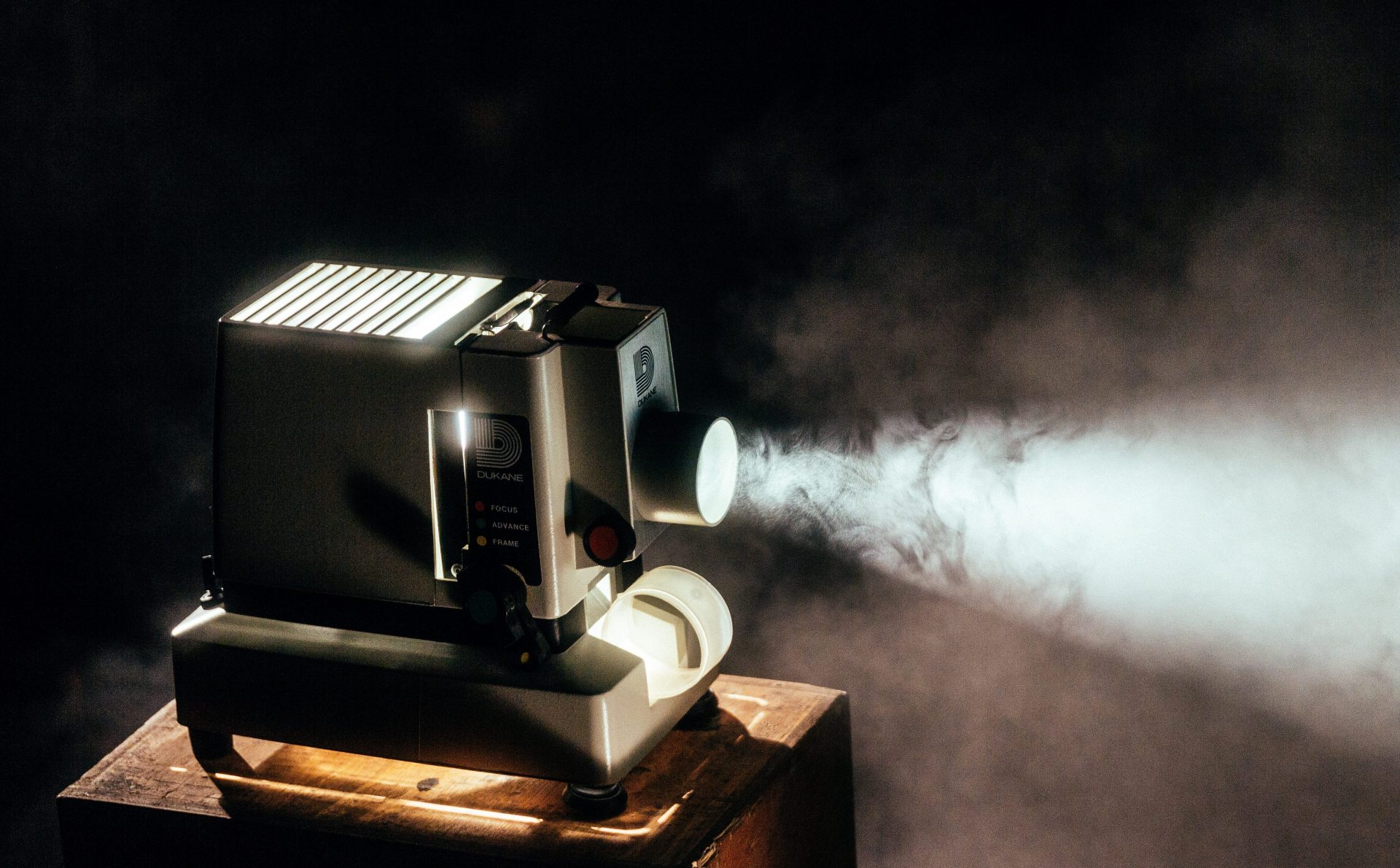If a task of the social sciences is to render the familiar strange - and the strange familiar - in order to better comprehend the social world, how to do so poses a considerable and long-standing challenge for researchers.
Our starting point in this cluster is that social scientists sometimes place too much significance on talk and text in our explorations of the social, and are not sufficiently attuned to the visual and other sensory inflections of everyday life. And at times, our explanation and critique of the social world get in the way of grasping its sensuous and affective qualities.
Sociologists, criminologists and urban scholars in the School of Social Policy, Sociology and Social Research (SSPSSR) make use of visual, aural, material, genealogical, performative, and sensory methods embedded in ethnographic sensibilities across their research and teaching. We undertake digital media-making through crafting images and sounds from lived experience – the sonic, tactile, haptic, and sensorial dimensions of object, place, and/or animal experience; and further developing methodologies of curating audio-visual experiences is an important dimension of the research and teaching of the School. We use historical visual and other materials to explore meaning and identity across different spheres of life. And we make use of the visual and material in combination with talk-based methods to analyse the sensory dimensions of lived experience both through and beyond language. In addition, we critically analyse how images and visual cultures work in the social world.
As well as offering new means of engaging in data collection and analysis, visual and sensory approaches along with the current proliferation of digital technologies create new opportunities for researchers to go beyond spoken and printed words to communicate and disseminate their research findings. In SSPSSR, we do this in particular through film, video and photography.
We welcome exchanges with colleagues and potential postgraduate students interested in these ways of thinking and doing research.
